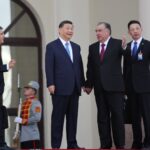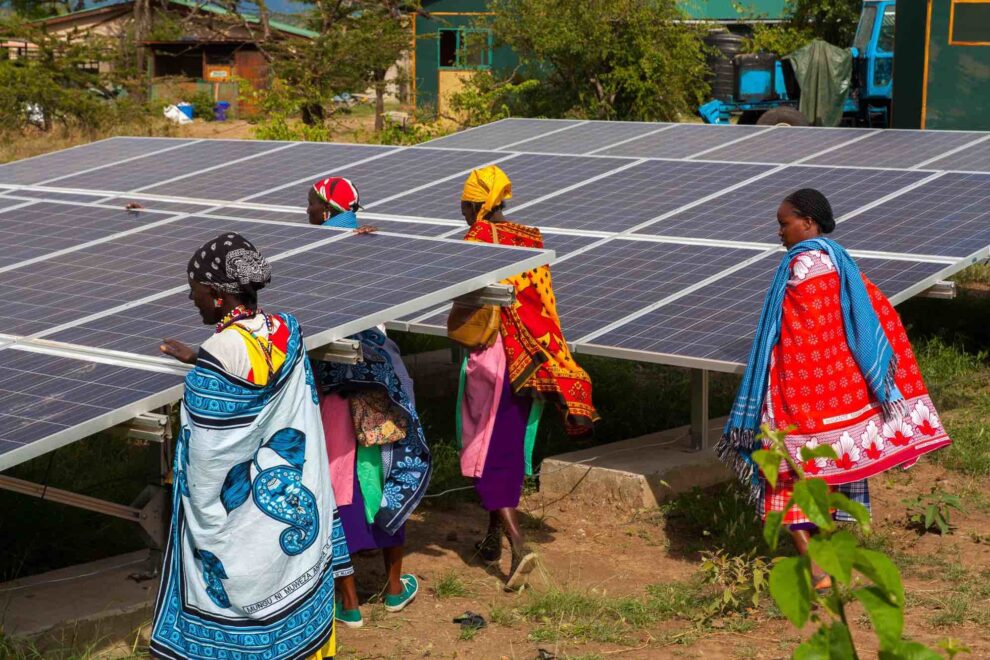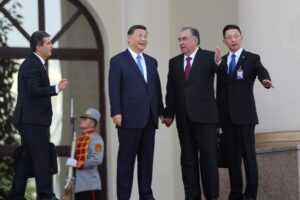The International Finance Corporation has invested $11.5 billion during the period between July 2022 and June 2023 to help accelerate Africa’s clean energy transition, provide financing for climate projects, and strengthen the country’s economy against climate change-related volatility.
This investment marks the largest-ever annual financial commitment for the continent, according to IFC.
Specific funding for climate projects included $1.2 billion to support other financial institutions in climate and sustainability lending, $1.1 billion to AMEA Power to build major solar and wind plants in Egypt, and $500 million to BUA Cement in Nigeria to promote greener, low-carbon cement manufacturing, among other programs.
“At difficult times like these, when the shockwaves of multiple crises are shaking economies worldwide, we are stepping up our work to support a resilient, inclusive, and greener private sector that is helping provide infrastructure and digital solutions while also tackling food security and climate change,” said Sérgio Pimenta, IFC vice president for Africa. “Catalyzing increased private sector innovation and financing for addressing climate change, bridging gender gaps, and empowering the next generation of startup leaders has been at the forefront of our work this past year and will continue to drive our engagements as we work with partners to create jobs and opportunities for more people.”
Of IFC’s own account financing, 40% was directed toward addressing climate change, and 48% went to low-income and fragile, conflict-affected regions.
Financing for Developing Countries Key to Reaching Global Climate Goals
The UN has identified a $4 trillion gap in sustainable investments for developing countries and recently signaled a need to increase renewable energy funding in those parts of the world. Investing in emerging and developing countries has been identified as a crucial element in meeting global climate goals.
Similarly, the G7’s Clean Energy Economy Action Plan emphasized the need to ramp up financing for low-and-middle-income countries. As a part of the plan, they promised to increase their efforts in providing such countries with climate financing.
Despite the presence of some higher income countries in Africa, around 400 million people in Africa still live in extreme poverty.
IFC’s support of the economies in the most need of financing should help drive their development in terms of green energy, climate resilience, and job creation. IFC’s Africa Fragility Initiative supports private sector capacity in the weaker markets of Africa, and it recently announced four new projects through the Alliance for Entrepreneurship in Africa towards addressing food insecurity and increasing agricultural productivity and trade.
Source: Environment Energy Leader











